U.S. Turns Attention to Ocean Conservation, Food Security
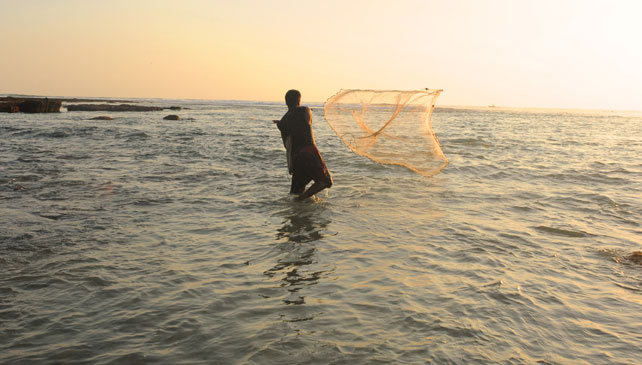
A first-time U.S.-hosted summit on protecting the oceans has resulted in pledges worth some 800 million dollars to be used for conservation efforts.
Can Waterless Dyeing Processes Clean Up the Clothing Industry?

One of the world’s most polluting industries is the textile-dyeing sector, which in China and other Asian nations releases trillions of liters of chemically tainted wastewater. The wastewater from that industry is then dumped, often untreated, into rivers that bring its toxic content to the sea, where it spreads around the globe.
Slow-Motion Earthquakes Caused by Natural Fracking?
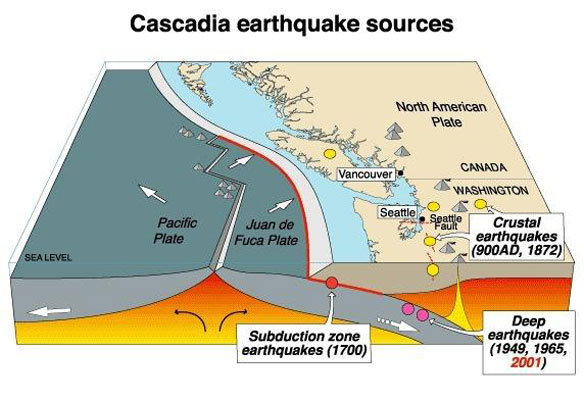
Natural fracking may be to blame for weird “slow” earthquakes that last for hours to days, a new study suggests.
A Fresh Start For Climate Change Refugees?
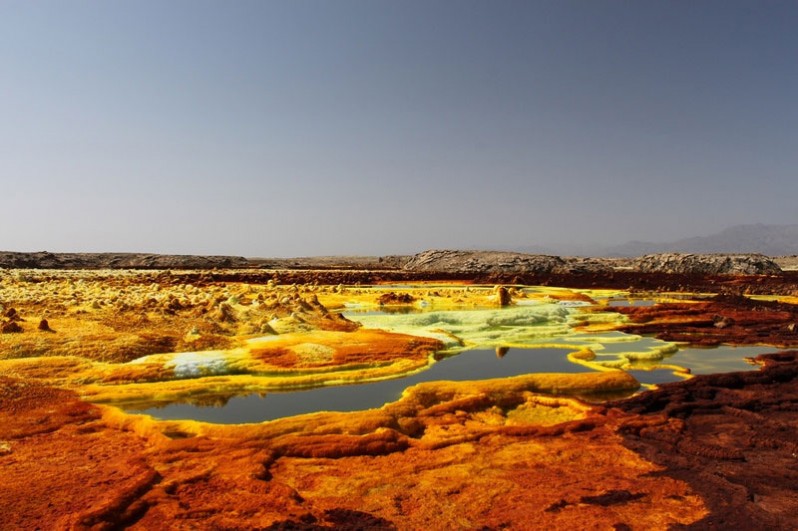
The solutions on migration and climate change being proposed go beyond reinforcing planning mechanisms for countries facing natural disasters; they look also at the migration of affected populations to new countries, including relocation in the industrialised world and the employment possibilities that might be available.
8 Ways You Are Harming The Ocean And Don’t Even Know It
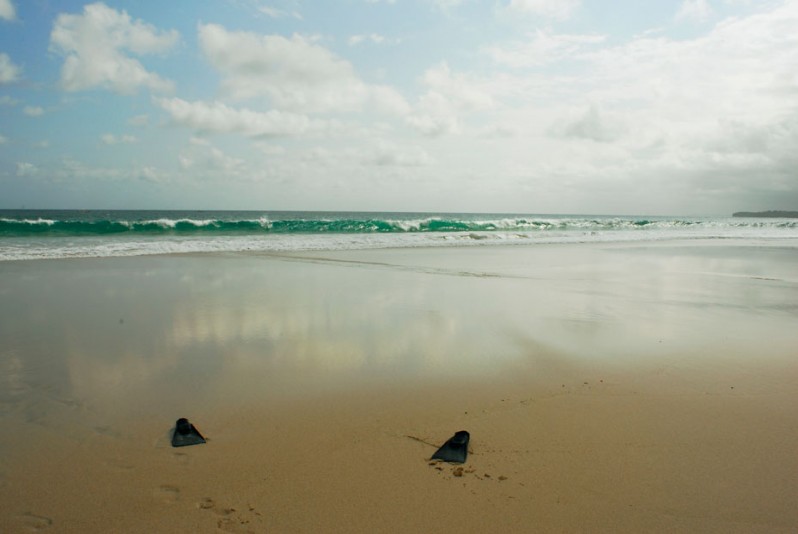
Every year for World Oceans Day, on June 8, we get to profess our love for the 332.5 million cubic miles of our planet that’s made of water.
World Oceans Day 2014: Together, We Have the Power to Protect the Ocean

We all depend on a healthy ocean for our survival and each one of us can contribute to resolving the issues facing our ocean, including ocean acidification, plastics pollution, and overfishing. This year’s World Oceans Day theme: “Together we have the power to protect the ocean.”
Mother Earth Law Hard to Implement

The law for the defence of Mother Earth passed by Bolivia a year and a half ago has not yet moved from good intentions to concrete action.
Farmed Fish Consumption At Record High, UN Report Reveals
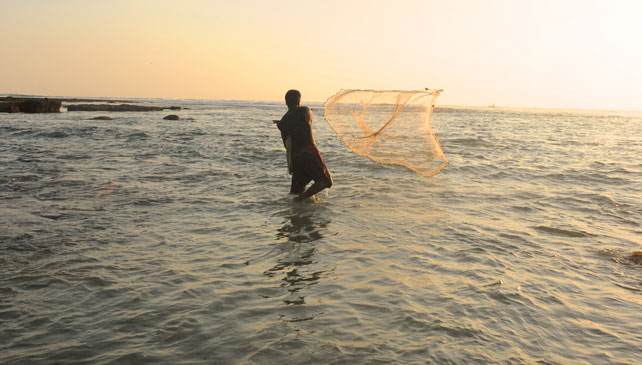
Humans have never eaten so much fish and other seafood, but nearly half of it is no longer caught wild but is grown in farms, says the United Nations. The rapid growth in the number of people living near coasts and fish farming’s ability to keep up with population growth has seen per capita fish consumption soar from 10kg per person in the 1960s to more than 19kg in 2012.
Can We Save The Galapagos? A Science Weekly Podcast
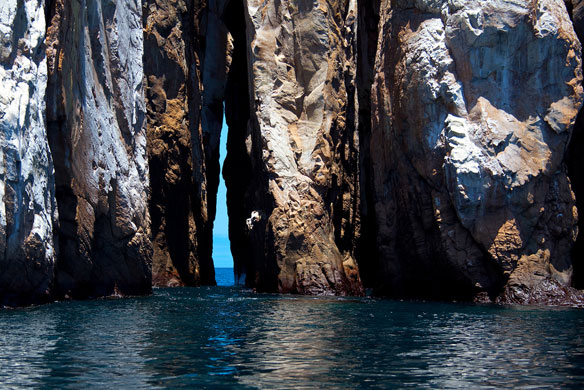
Author of The Galapagos, Henry Nicholls, delivers his verdict on the future of the islands’ unique wildlife, and discusses new evidence of the role of sea levels in past speciation.
